Elrar, in Mbalambala, is located along the Tana river belt, 60kms from Bengali shopping center, along Garrisa road . It is a community away from any civilization. Here, cell towers are far, and when the cellphone pings, its low, but despite all that, they are high spirited, welcoming and ever smiling. The living conditions here are not for the faint hearted.
To start off, during the day, the temperatures hit a minimum of 89.60F (320C), that bakes your feet, hence the need to be under a shade. The winds are not forgiving either, you will be counted lucky if you find a cool breeze under a tree. The road isn’t tarmacked, hence a whooping 60kms dirt road, crossing several lugga(seasonal watercourse), and some uneven temporal paths zigzagging the thorny acacia trees. Once you arrive at the Elras center, you are welcomed by grass thatched huts, and some mud huts, that serve as shops and makeshift eatery, for passersby or herding residents etc. The sight of any civilization is the presence of a primary school and an open animal market nearby.
As you move around the Elrar village, you find men under the acacia trees, hiding away from the early afternoon sun, hoping it to settle in order to go on the daily activities. Donkeys roaming around freely, camels without any burden, enjoying the acacia thorns, small herds of goats and sheep lying under any available shade…
So i asked, with this hot sun, where do they get water?
The following morning we went to the community watering point. From a distance you see groups of people squatting, and in full swing of the activity, in this large dry river bed, also known as lugga. We went near and realized that it’s a well organized activity.
First,you have to dig with bare hands, a shallow well in the dry river bed, in a spot of your choosing, wait for the water to percolate, then with the help of a split-in-half jerrycan, carefully draw the water without disturbing the base. This has to be done one person at a time, filling the rollable 5 gallon (20liter) cans. If you are lucky to own a donkey or a camel, then you can carry several. Also from a distance, there are group of herders doing the same, but they are filling basins, to water their animals in a trough.
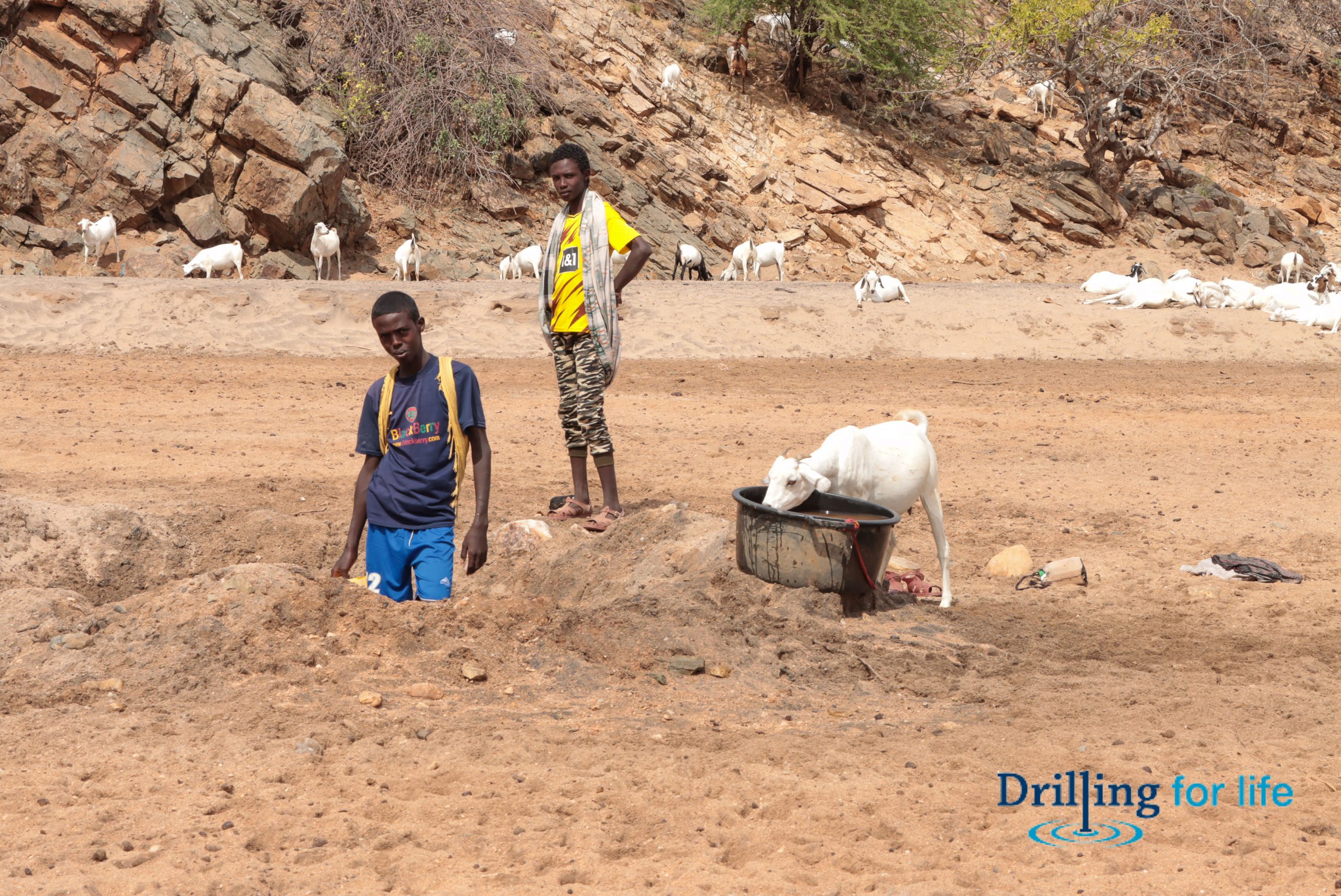
At a a close inspection, the water is not very clean, but its what is available. This process has to be done daily in the morning and/or afternoon to avoid the blazing scorching sun.
The already dug shallow wells, have to be redug again, in the morning, by reason of the wild animals at night or the free roaming domestic animals will also quench their thirst there, and defecate in the well or close-by. Mostly At night or when no one is there.
Such conditions also affect learning. Few pupils attend school, as their brothers and sisters go to get water and graze the herds. Fetching water is a major household responsibility. And when water wells run dry, they have to shift to places where water can be found.
Such is the situation day in day out at Elrar. These watering point run a risk of contamination, leading to infections and diseases. With your generous donation, you will ease the struggle of the residents of Elrar village, by donating a borehole to quench the thirst of these residents and improving their living conditions.
Together lets give life one well at a time.

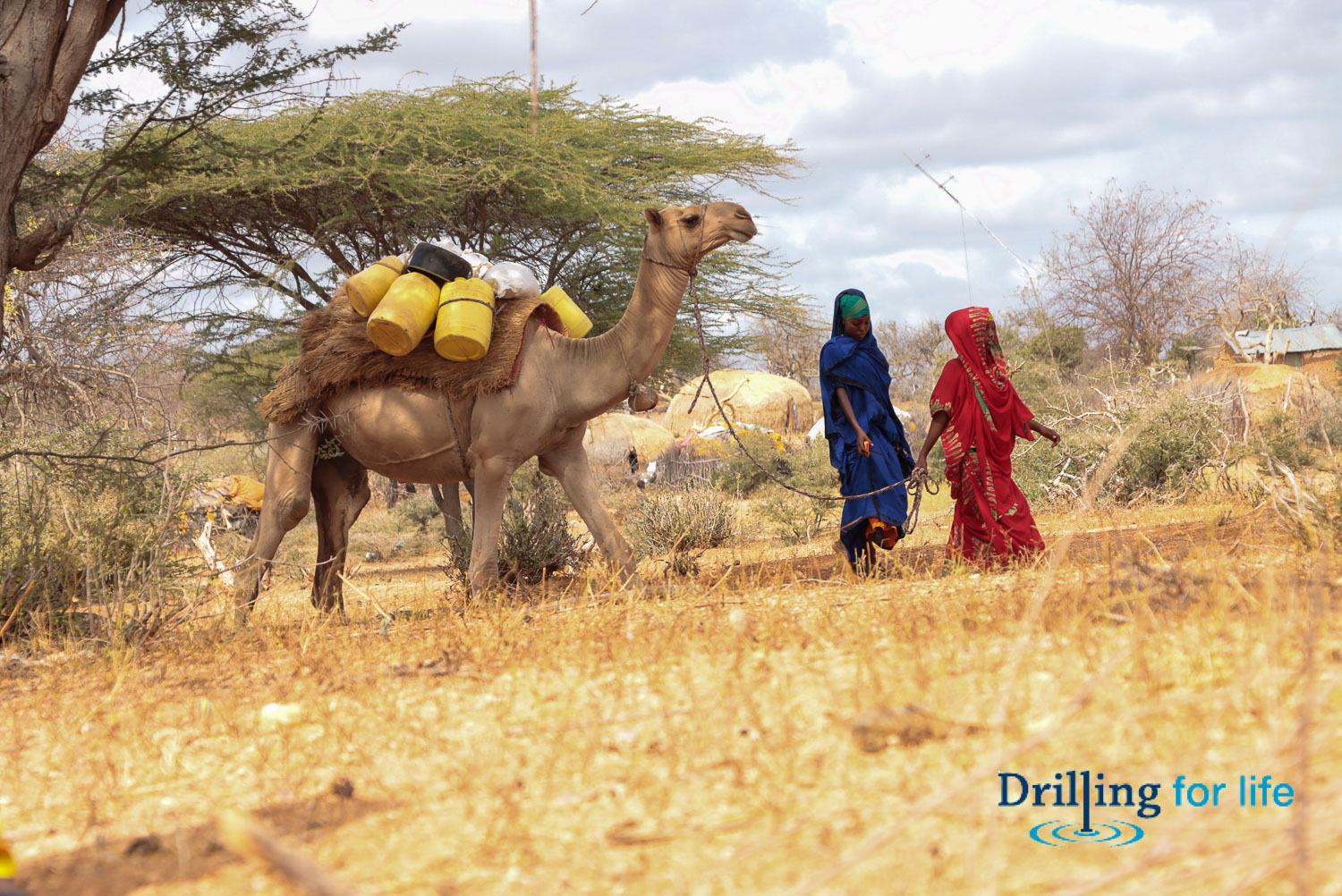
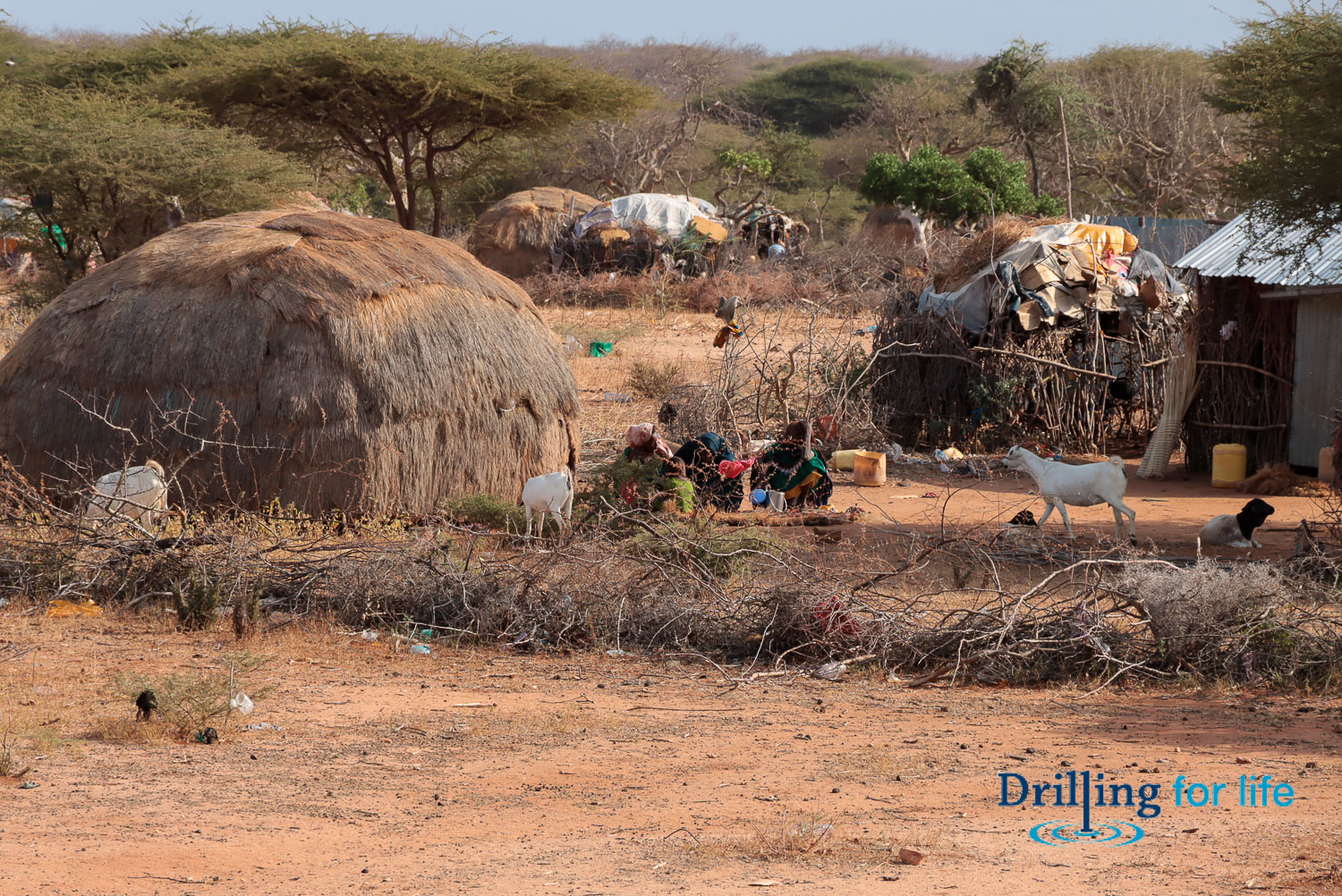
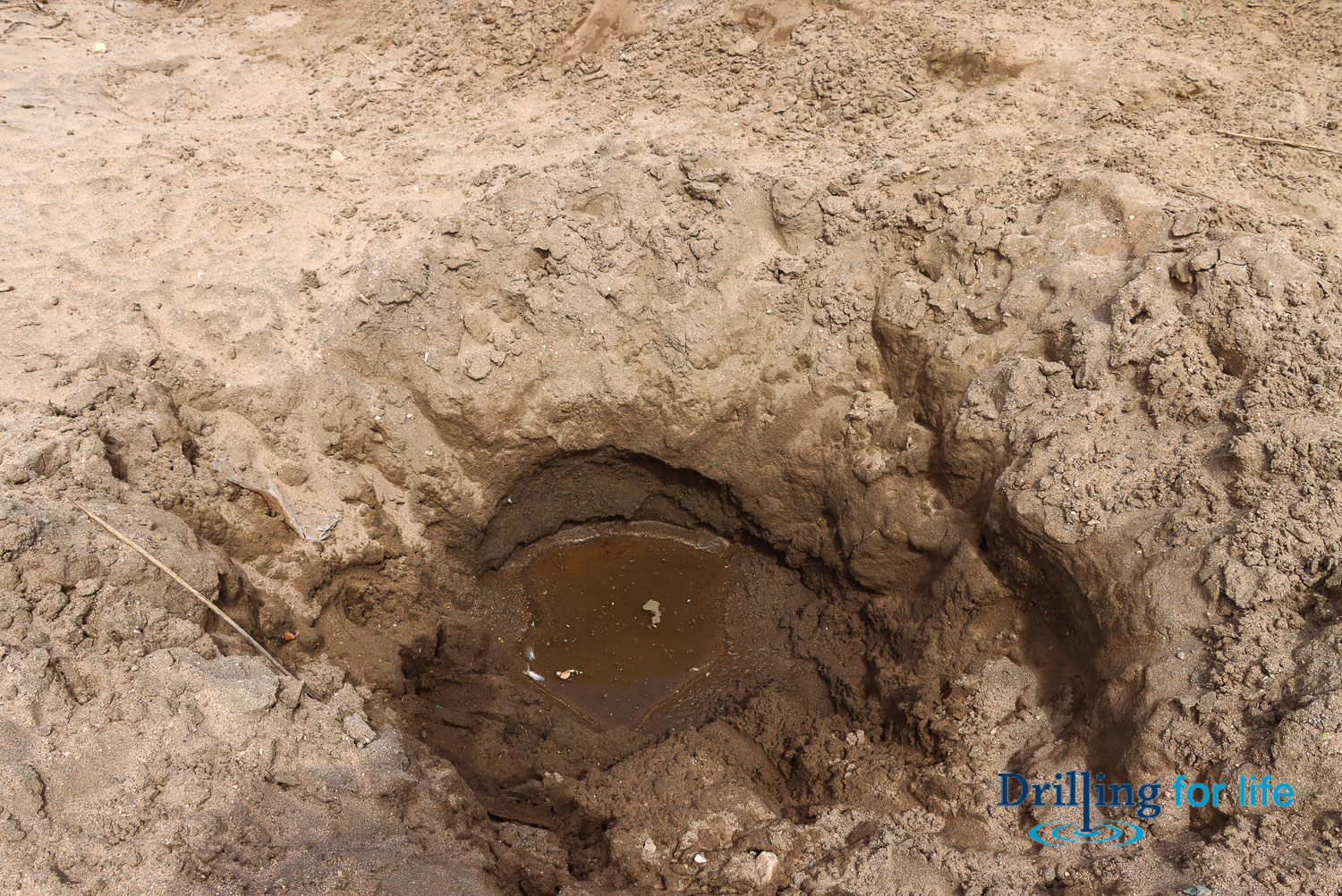
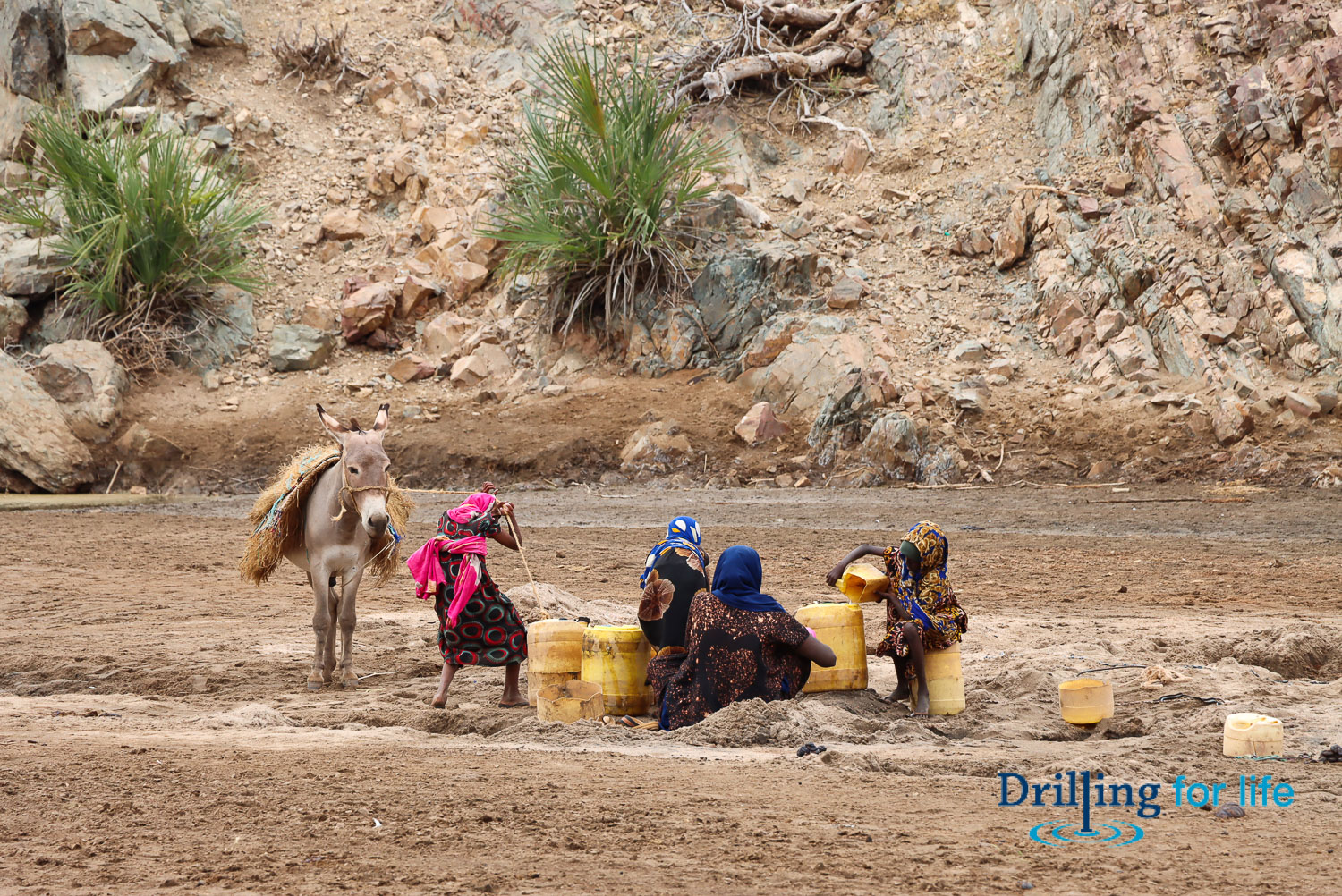
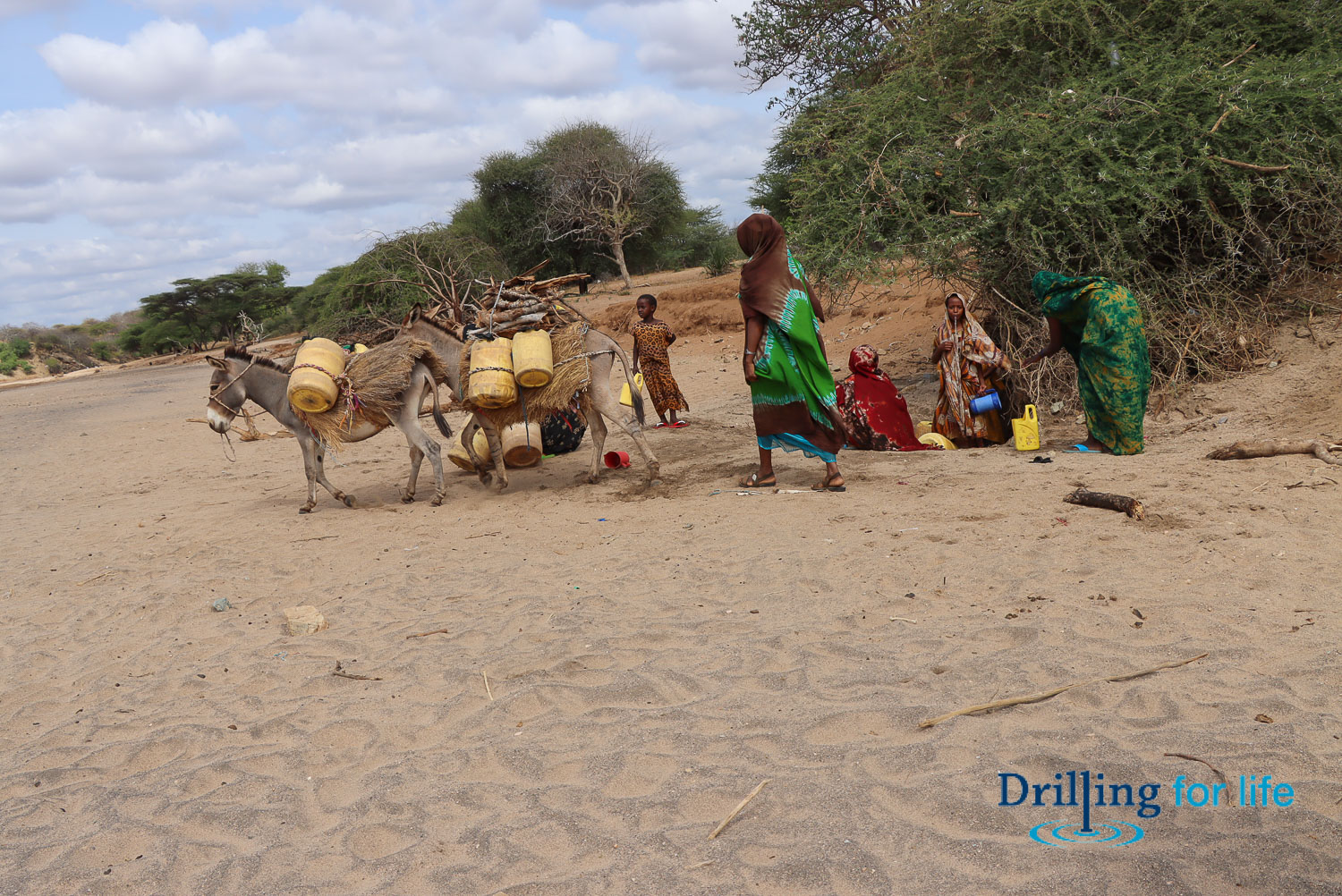
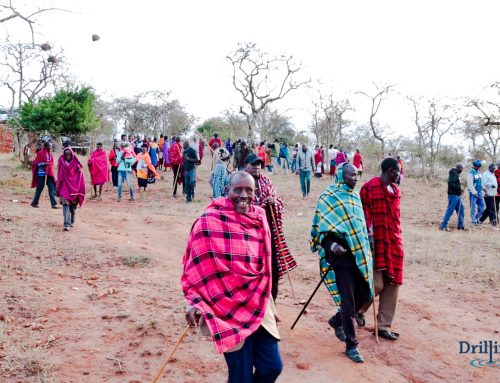
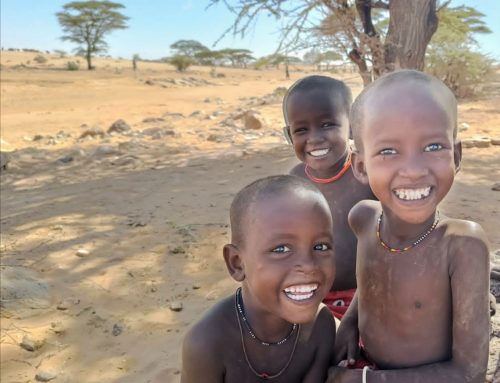
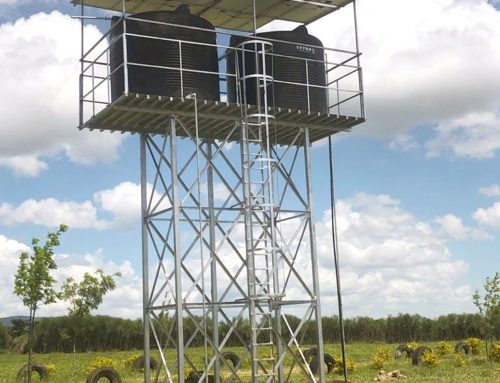
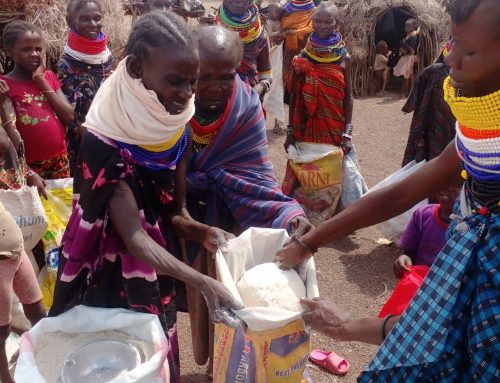
Leave A Comment